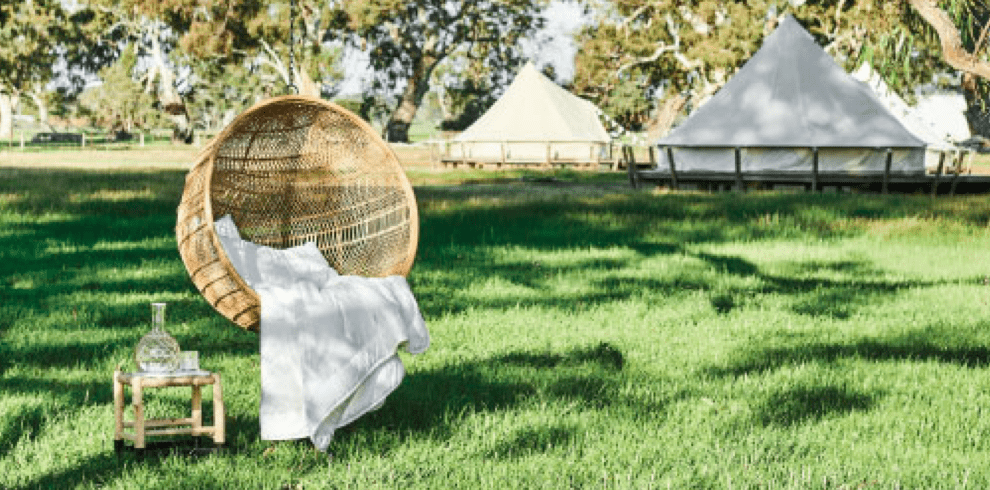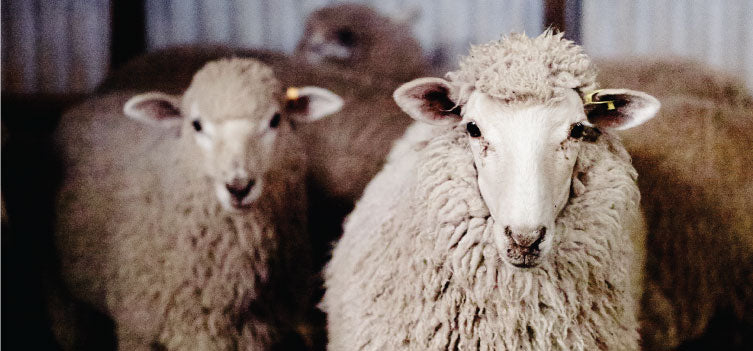Wool is truly natures wonder fibre. The fleece produced annually by sheep using the simple combination of air, water, sunshine and grass, is a 100% natural and completely renewable. Wools unique fibre structure ensures its sustainability. It is long-lasting, hard wearing and water repellent; it is able to be recycled and is also completely biodegradable in a warm moist environment. So why has wool historically received poor environmental ratings when compared with other textiles like cotton and synthetics?

Long term sustainability, the ability to use a resource without destroying natures balance, is important for any industry, including the textile industry but can be difficult to measure. The Life Cycle Assessment tool (LCA) is one preferred tool for determining sustainability. Theoretically, the LCA considers the impact to the environment throughout the entire life span of a product, from obtaining the raw inputs and manufacturing, through the entire life span of a product, from obtaining the raw inputs and manufacturing, through use and recycling to end-of-life and disposal. In practice, when assessing environmental rating, many agencies only consider select parts of the supply chain and fail to consider the full range of impacts.

-
Wool has a higher environmental impact early in its life cycle which can be offset by lower effects later, due to its longer life span and reduced need for washing when compared with other fibres.
-
Woollen products are used up to 50% longer than cotton, and are washed less frequently, minimising the ecological footprint of wool.
-
The recycling of wool, particularly to insulation for industrial purposes, allows it to be reinvented and extends the useful life for wool products.
-
Wool is 100% biodegradable. When wool is buried in soil, it quickly breaks down to release valuable nutrients back to the soil, essential for growing the grass to restart the lifecycle.
-
Unlike synthetic fibres, wool will not pollute waterways via the release of micro plastics particles.

Source: The Woolmark Companyand IWTO



